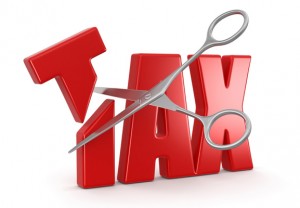5 ways to improve personal finances in the new financial year
The start of the new financial year is the perfect time to take stock of where you are financially to improve personal finances and take action to ensure that your personal finances are looking better by the end of the next financial year.
Check out our 5 top tips to improve personal finances
1. Review your mortgage
With ever declining interest rates there are some exceptional mortgage offers available, some as low as 3.75%. As a rule of thumb, if you are paying over 4% or have not reviewed your mortgage for the last 2 years, there is a real opportunity to quickly and easily improve your financial situation. Speak to a mortgage broker to identify some of the best deals out there. If you can save $300 per month, that’s $3,600 over the year!
2. Start investing
If you are not already doing so, invest your money instead of just letting it sit in a savings account where it earns very minimal interest.
When it comes to investing, there are so many options to choose from that there is bound to be something that suits you. So speak to a financial advisor today to discuss your options.
3. Pay off debt
Although interest rates are low now they will go up, so paying off debt is an important part of improving your overall financial situation. Start by paying off debt with the highest interest rate (usually your credit card), then continue from there. Doing this will improve your personal finances in the long run.
4. Ensure you really understand your financial situation
Take the time to review your finances thoroughly. Look at how much money comes in every month and how much of that is spent on essential costs like your mortgage, bills, car, food etc. Then set some aside every month for savings. What’s left is your disposable income – what do you normally spend this on? Monitor this for a couple of months so you really understand your spending. This will help you make informed decisions about how you can improve your financial situation and how much you can really afford to invest.
5. Set goals and have a plan
The start of the financial year is a great time to set goals for what you want to achieve in this year. Your goals need to be realistic and you need to break this down into monthly actions – i.e. if you have a $12,000 debt, consider whether you can afford to pay $1,000 per month along with all your other essential expenses.
Also, by keeping up to date with your tax return lodgements, you’ll know exactly where you stand financially. Plus, we are offering some great deals and early bird specials which run from July to September CLICK HERE to find out more. So get in early to beat the rush. We can also make some recommendations as to how you could reduce your personal tax and improve personal finances.
Call us today or complete the Contact form (it only takes a minute) and book a FREE no obligation review.







Comments are now closed for this article.